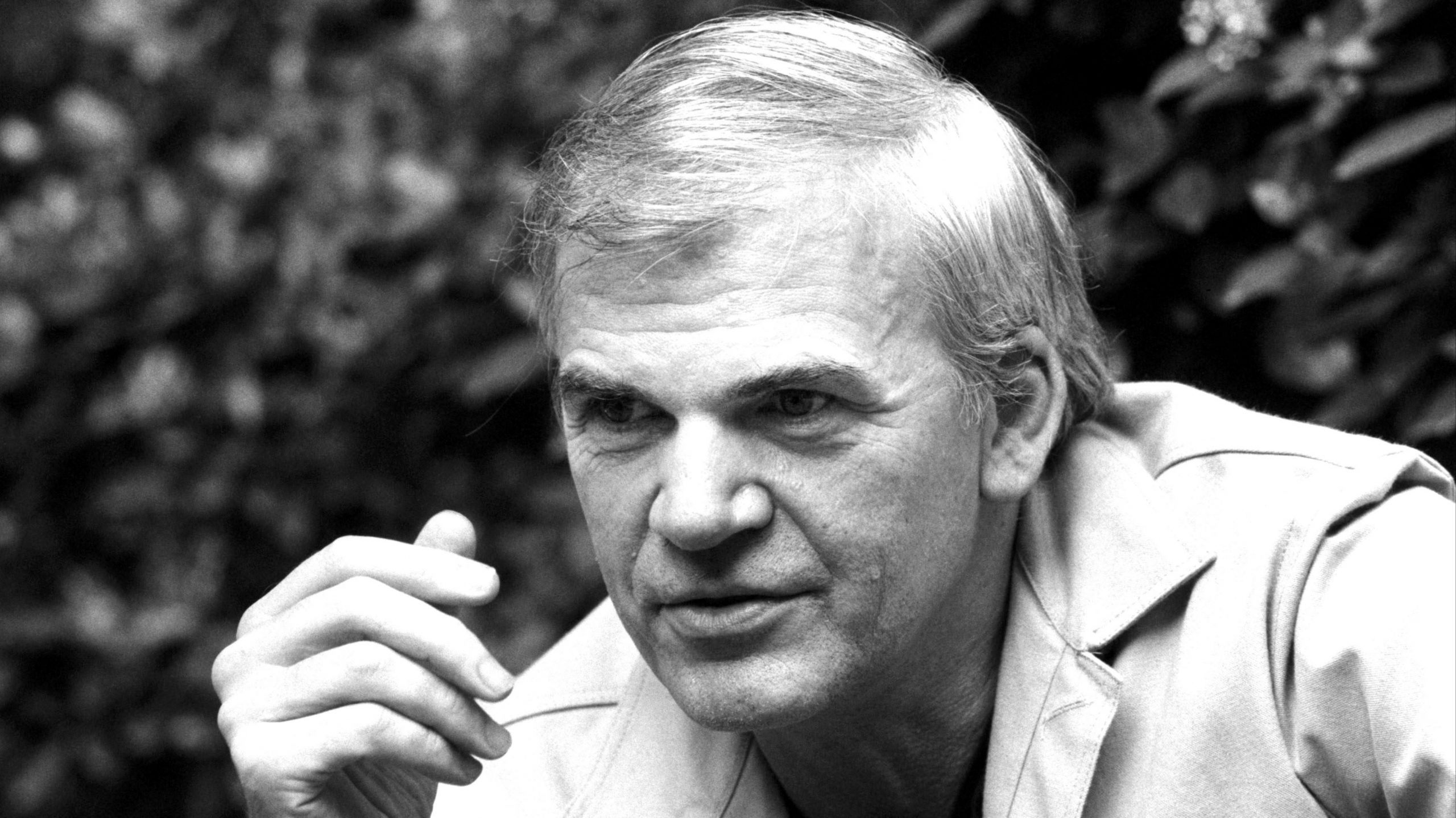Nobel Prize 2022 in Literature for French writer Annie Ernaux
She got the Nobel Prize for the courage and clinical acuity with which she uncovers the roots, estrangements and collective restraints of personal memory.
Discover the life and literary legacy of Milan Kundera, the acclaimed author of “The Unbearable Lightness of Being” and delve into his work.

Author Milan Kundera, renowned for his thought-provoking novels like “The Unbearable Lightness of Being,” has passed away at the age of 94. The news of his death was confirmed by a spokesperson for the Milan Kundera Library in his hometown of Brno, who cited his prolonged illness as the cause. As we remember Kundera and his impactful literary contributions, let’s take a closer look at the life and legacy of this influential writer.
Milan Kundera gained international acclaim primarily through his masterpiece, “The Unbearable Lightness of Being.” However, prior to the Velvet Revolution in 1989, Kundera’s books were banned under the communist regime in Czechoslovakia. Despite the obstacles, his works persevered and resonated deeply with readers worldwide. His thought-provoking narratives delved into the intricacies of the human condition, leaving a lasting impression on those who delved into his pages.
A man of mystery, Milan Kundera led a relatively private life and rarely engaged with the media. He cultivated a reputation as a reserved figure, shying away from the limelight. Throughout his career, Kundera garnered recognition as a potential Nobel Prize in Literature recipient and received nominations for various prestigious awards. Nevertheless, he consistently emphasized that he saw himself primarily as a novelist, rather than a writer motivated by political agendas.
Advertisement
Born in Czechoslovakia, Kundera later sought refuge in France in 1975, eventually obtaining French citizenship in 1981. His ties to his home country remained, despite his exile, and he maintained contact with Czech and Slovak friends. In 1979, he was stripped of his Czechoslovak citizenship, only to have it reinstated in 2019. However, Kundera identified strongly as a French writer, insisting that his works be studied and classified as part of the French literary tradition.
Kundera’s writing style was distinctive and captivating. He often employed a first-person narrator who would reflect upon and comment on the characters within his otherwise third-person narratives. The author focused more on the intricate words and language that molded his characters, rather than their physical appearances. He saw himself as a writer whose craft did not revolve around delivering a specific message, but rather sought to explore the depths of human experience and emotion.
Despite his literary achievements, Kundera’s life was not without controversy. In 2009, he found himself embroiled in a heated debate when he signed a petition advocating for the release of Polish film director Roman Polanski. The petition emerged after Polanski’s arrest in Switzerland in connection with a charge from 1977, alleging the drugging and anal rape of a 13-year-old girl.
As Milan Kundera’s remarkable journey comes to an end, his contributions to literature and his unique perspective on the complexities of human existence will continue to resonate with generations to come. His legacy as a profound storyteller will be cherished by readers worldwide, ensuring that his words and ideas endure beyond his passing.
Advertisement